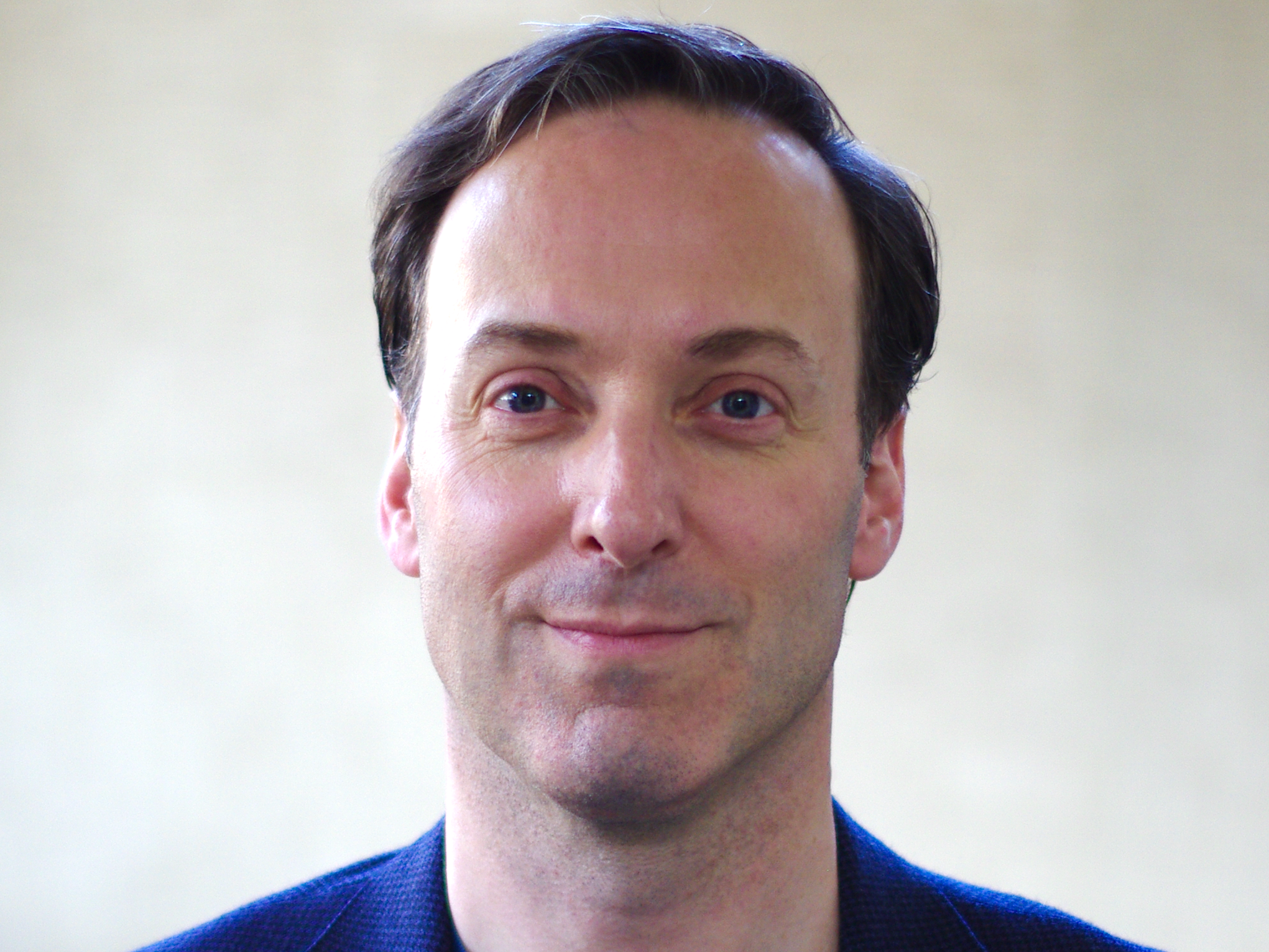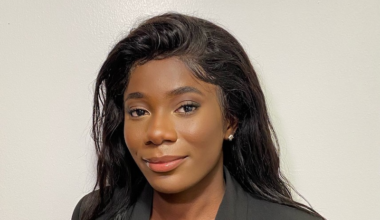Irish immigrant entrepreneur Feargal O’Sullivan started his career in finance by literally opening doors in New York. “I worked as a doorman for about a year. That helped me to learn how people interact,” said O’Sullivan. He believes much of the success of his firm is thanks to the relationships he has built with his clients throughout the years.
Although finance hasn’t been as hard hit as other sectors, the pandemic has slowed down industry sales. Trading technology, however, is still in demand as the market is trying to adjust to the pandemic’s wild volatility and is open to new solutions.
When the door opened
O’Sullivan came to New York “to see America.” He had just finished college and applied for the Morrison visa program, which allocated 50,000 visas for Irish citizens in the 1990s. His first job as a doorman helped him to adjust to culture shock. “I was a bit disappointed with the distance; in Ireland, everybody is more open to outsiders.”
Eventually, O’Sullivan took computer training, followed by a job at the global investment management corporation BlackRock. “It was an amazing place to start my career. They had a very strong work ethic. I learned a lot about new technology and interacted with our end-users all-day long,” O’Sullivan said. “In the mid-90s, the Internet was new, and I remember writing user-guides, explaining how it works.”
After BlackRock, he moved to TIBCO Finance Technology and, later, to Reuters America. Finally, O’Sullivan joined NYSE Technologies, the commercial technology unit of the New York Stock Exchange, where he was responsible for a team of over 70 sales professionals in six financial centers around the world. But the corporate world just didn’t seem to excite O’Sullivan.
Why does everything have to change?
O’Sullivan got tired of the way large corporations constantly change strategies. “They come out with a new approach every time they can’t show instant results to their stakeholders. I started thinking: what if I achieved success not in 9 months but 18 months? I decided I’d be perfectly happy with that.”
He left corporate America and launched his firm USAM Group to help young tech companies, including those located outside the U.S., get representation, and help sell their solutions.
O’Sullivan’s first client is still with his firm, and the agreement that they signed more than five years ago hasn’t changed. “A lot of things that I developed for our launch — our sales process, transparency to both vendors and clients, weekly reporting and activity justification — haven’t changed much. I like new things, but I just don’t want to adjust something constantly if it’s already working.”
Tips on selling in the U.S.
Invest time in networking. “You can connect with people in many ways: at professional meetups, at organized events, or bars and restaurants. Anything could be an opportunity. When it comes, be ready to grab it — it’s the hardest thing to do because sometimes you’ll have to change your life.”
Build a relationship. “If you expect somebody to spend $9 million on your offering, give them time. It’s tough to make the first deal, but as soon as you are in, you’ll get more.”
In the U.S., people expect you to be very confident. “You listen to a client, acknowledge their issues, and then tell them: ‘I know exactly how to solve your problem.’
The devil is in the details. “I am a bit of a stickler for detail. Even a simple thing like an email is important. Yes, you know what you’re trying to say in your head, but do other people understand you? Read your emails before sending them.”
Start in New York. “New Yorkers are tough. They’ll beat you up and tell you what’s wrong with your product, but after that, it will be much easier elsewhere. And once you’ve sold to 3-4 clients here, you can go to Chicago, Boston, London, Amsterdam, Tokyo, Toronto, and anywhere else in the world.”








